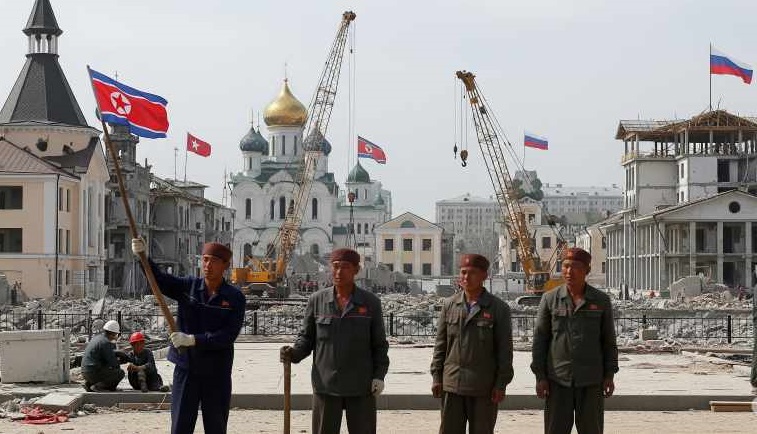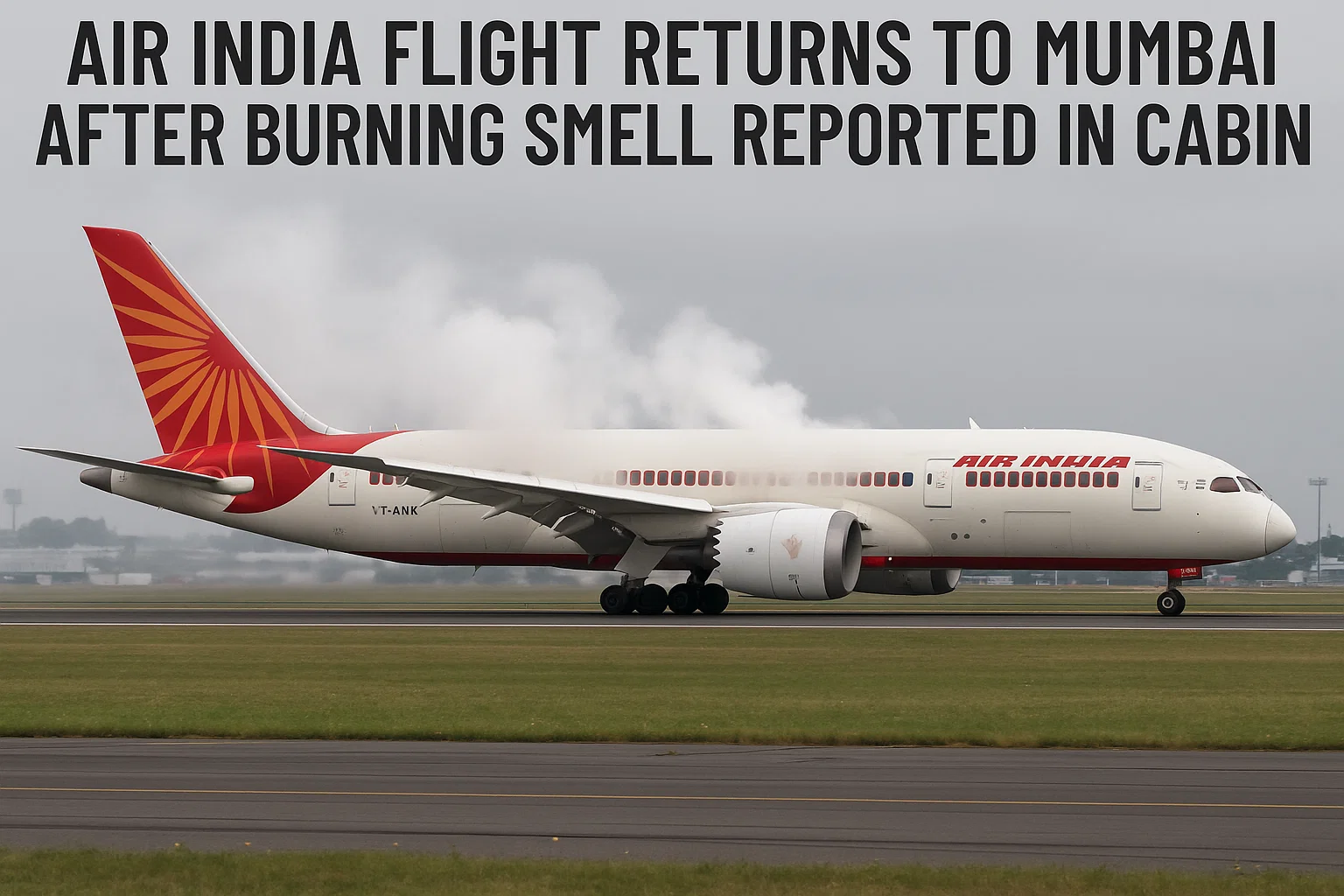North Korea to Dispatch Thousands of Workers for Russia's Kursk Rebuilding Efforts

SEOUL, South Korea / MOSCOW, Russia – In a significant move highlighting their deepening strategic cooperation, North Korea plans to send thousands of military construction workers and deminers to assist in the reconstruction of Russia's war-hit Kursk region. This announcement, made by top Russian officials, signifies a new phase in the increasingly close ties between Pyongyang and Moscow.
Russian Security Council Secretary Sergei Shoigu confirmed that North Korean leader Kim Jong Un has decided to dispatch 1,000 sappers (deminers) and 5,000 military construction workers to the Kursk region. Their primary mission will be to clear mines and restore essential infrastructure damaged by recent conflicts. Shoigu described the assistance as "a kind of brotherly aid" from the Korean people.
This latest development follows reports of North Korea already supplying thousands of combat troops and a substantial amount of conventional weapons to support Russia's military efforts in Ukraine. In April, both nations claimed their soldiers fought together to repel a Ukrainian incursion into the Kursk border region, a claim Ukraine disputes. The agreement also includes plans to erect memorials in both countries in honor of North Korean soldiers who reportedly died fighting in Kursk.
The move has drawn swift and sharp condemnation from the United States, South Korea, and Japan. Officials from these nations have voiced "grave concerns," asserting that the acceptance and employment of North Korean workers abroad constitute a clear violation of UN Security Council resolutions, which prohibit member states from issuing work permits to North Koreans. These resolutions aim to cut off foreign currency streams to Pyongyang's regime.
Despite international warnings, North Korea has publicly reiterated its "unconditional support" for Russia's actions in Ukraine. Analysts suggest that in return for its support and labor, Pyongyang may seek access to advanced Russian military technologies, further raising alarms about regional and global security stability.


